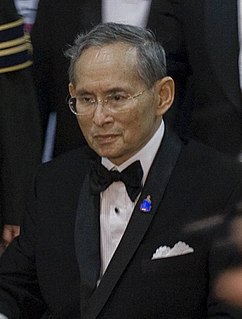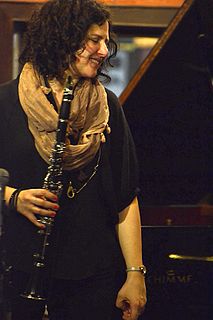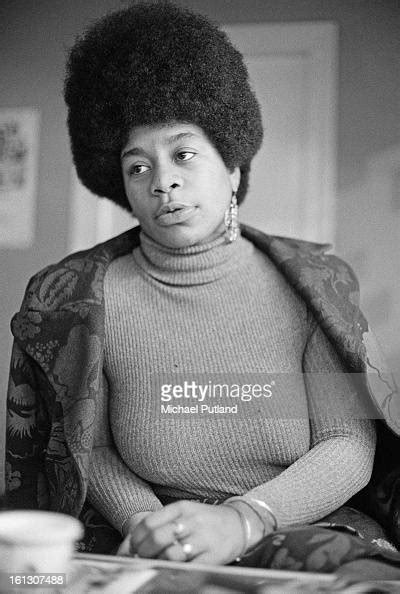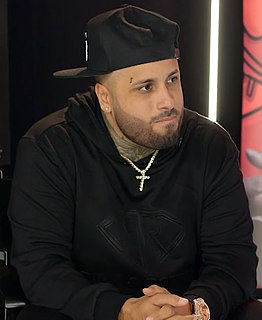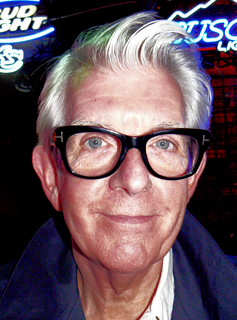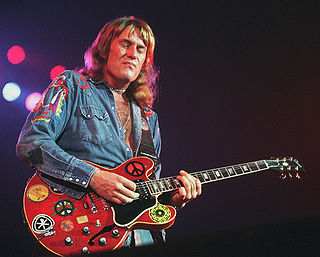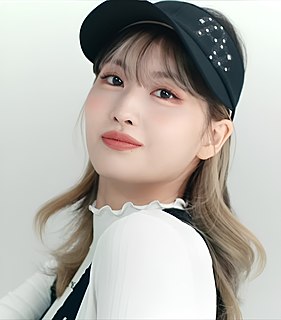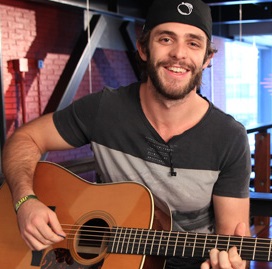A Quote by Steven Wright
I wrote a song, but I can't read music so I don't know what it is. Every once in a while I'll be listening to the radio and I say, "I think I might have written that."
Related Quotes
I wrote 'Turn Your Radio On' in 1937, and it was published in 1938. At this time radio was relatively new to the rural people, especially gospel music programs. I had become alert to the necessity of creating song titles, themes, and plots, and frequently people would call me and say, 'Turn your radio on, Albert, they're singing one of your songs on such-and-such a station.' It finally dawned on me to use their quote, 'Turn your radio on,' as a theme for a religious originated song, and this was the beginning of 'Turn Your Radio On' as we know it.
I wrote 'Lights' a long, long time ago. And I expected it to be on the album, because it was - I wrote it with 'Biff' Stannard. And he wrote every single Spice Girls song and every single pop song of the 90s, basically. So I thought, you know, I was really lucky to work with him, but I didn't think it would be a big song for some reason.
I have a notebook that I take with me everywhere. I free-write in it when there are situations that I know I can write a song about. I will just start writing everything that I can think of while trying to write some things that are kind of poetic or sound like they could be in a song. Then, after the music is written, I go back and look at my subjects to see which one I think woud go with what music. Then, I formulate it into a melody and get the song.
The older I get, the more I think it's this listening. You listen for it, and you have a bit of patience. And it'll come until it sounds - to me, the best songs I've written, I think, are ones that I can't hear anything - any of myself in it. It sounds like a cover song, like somebody else's song - really something you've stolen wholesale off a radio that you've listened to in someone else's flat.
I feed on other people's creativity, photographers, artists of every kind. Sometimes a feeling that you get listening to a song can be so powerful. I've wanted to write whole scripts around what I felt just listening to a piece of music. I think music is important, and surrounding your visual field with stimulating things.



